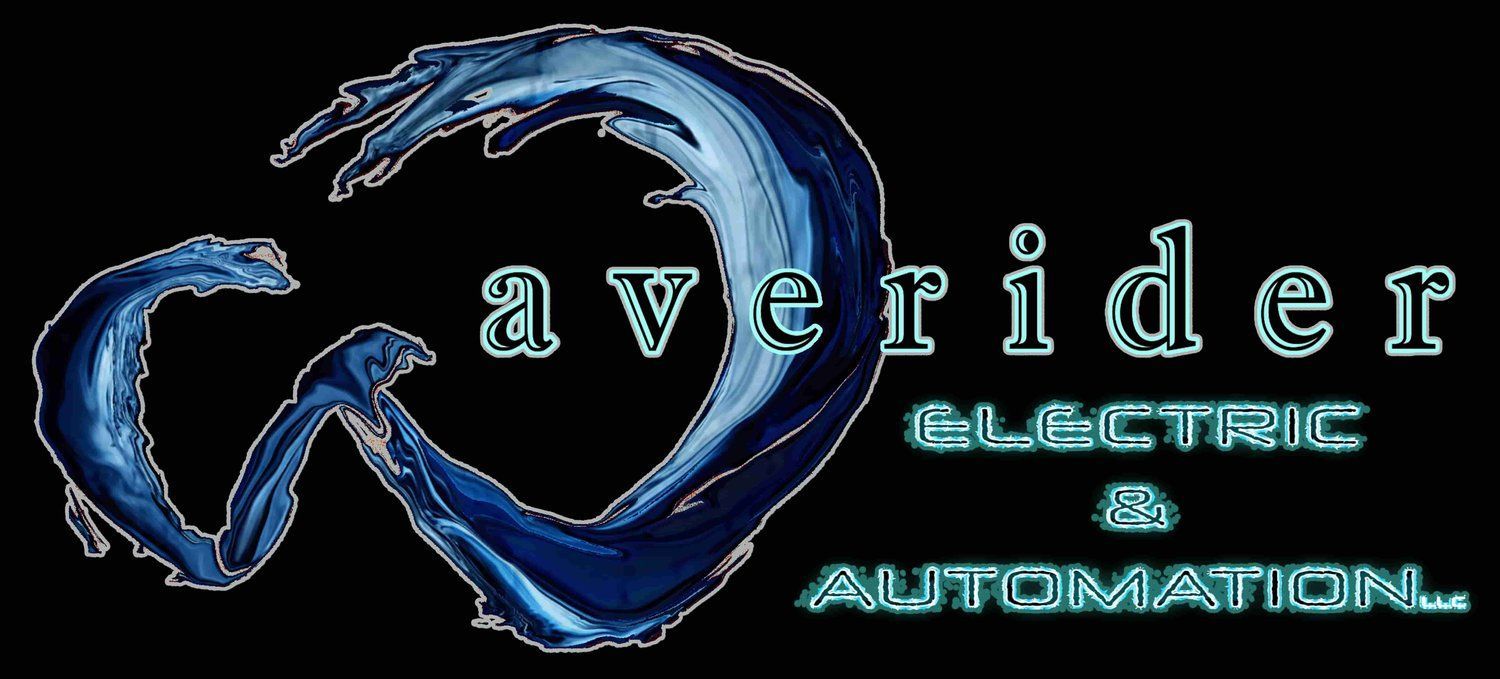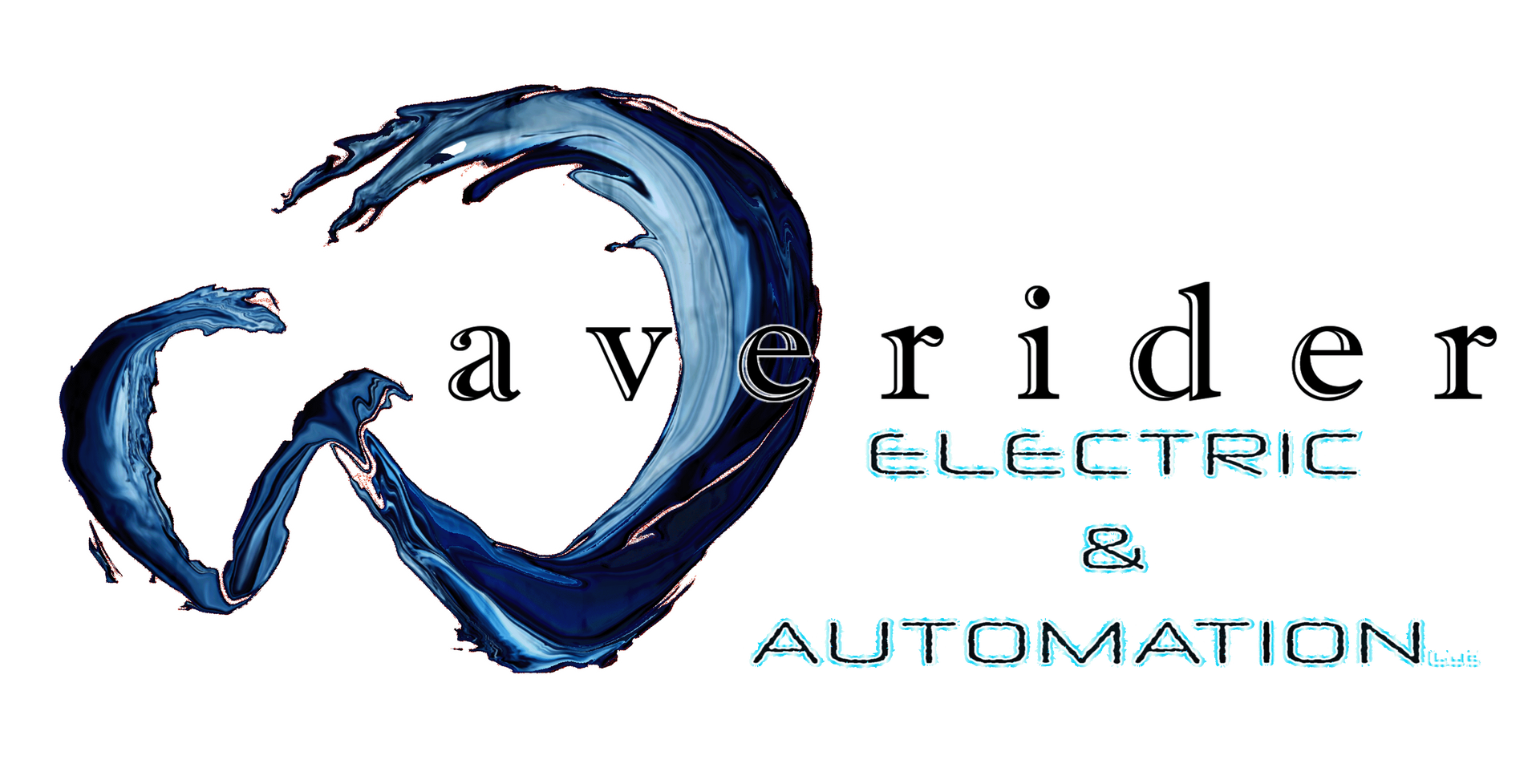Residential EV Charger Installation: What Homeowners Need to Know
Why Install a Home EV Charger?
A Level 2 home EV charger provides fast, convenient charging-typically adding 20–30 miles of range per hour-compared to standard Level 1 charging from a regular outlet. This upgrade makes owning an electric vehicle easier and more practical for daily use.
Key Steps in the Installation Process
Electrical Assessment: A licensed electrician will inspect your home’s electrical panel and wiring to ensure it can safely handle the additional load from an EV charger. Older homes may require panel upgrades.
Dedicated Circuit: Level 2 chargers require a dedicated 240-volt circuit, similar to those used for dryers or ovens. This ensures safe, efficient charging and prevents overloading your system.
Charger Selection & Placement: Choose a UL-listed, high-quality charger and install it in a convenient location-usually a garage or driveway-close to your parking spot and electrical panel to minimize wiring costs. Outdoor installations should be weatherproofed for safety and durability.
Permits & Code Compliance: Most localities require permits and inspections for EV charger installations. A professional will handle these steps, ensuring your setup meets all safety codes and regulations.
Professional Installation: Only a licensed electrician should install high-voltage equipment to ensure safety, code compliance, and optimal performance.
Installation Costs
Costs vary based on panel capacity, distance from the panel, and installation complexity, but typical installations range from $750 to $2,000. Rebates and incentives may be available to offset costs.
Benefits of Professional Installation
Safe, reliable charging for your vehicle
Compliance with all local codes and HOA rules
Peace of mind with expert assessment and installation


